Premium Only Content
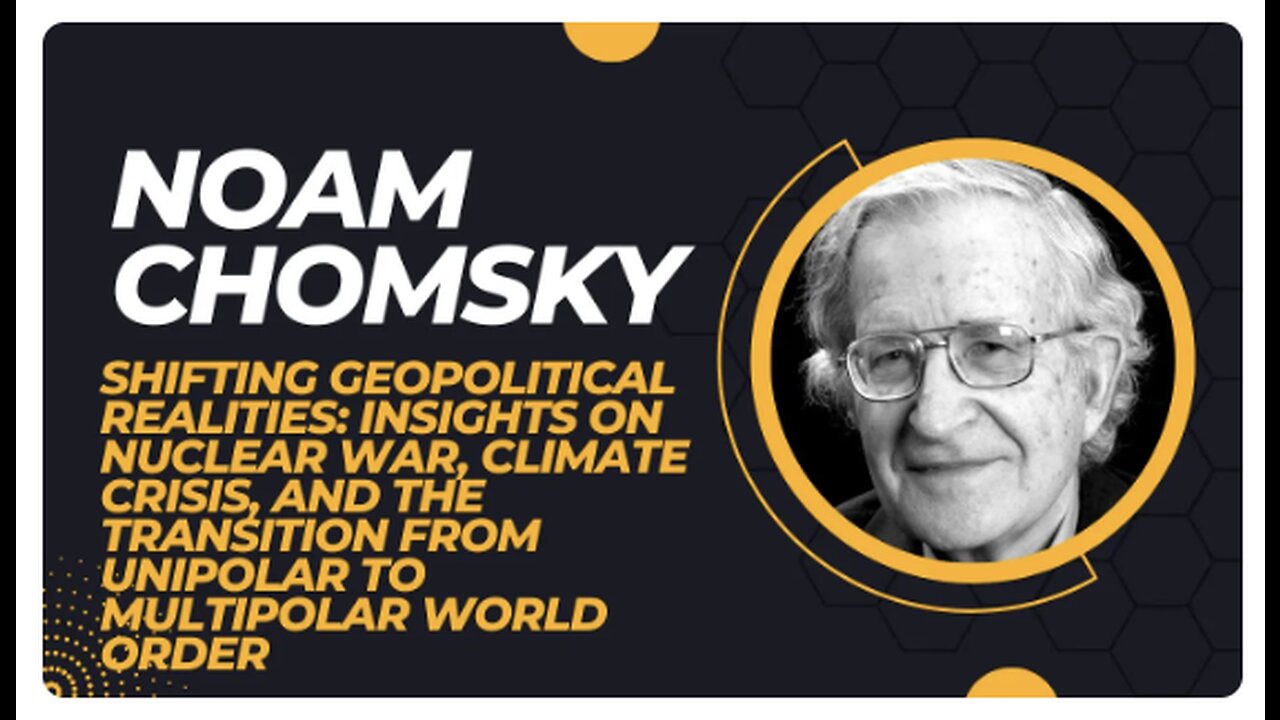
Noam Chomsky: Nuclear War, Climate Crisis, and the New Multipolar World Order
During a conversation at South by Southwest 2023, Noam Chomsky, widely recognized as the founder of modern linguistics and a prominent public intellectual, engaged in a discussion facilitated by Lori Palony Stoutinger, the Dean of the College of Social and Behavioral Sciences at the University of Arizona. The dialogue centered around the current geopolitical climate, with a particular emphasis on the urgency of addressing two major crises: the growing threat of nuclear war and the escalating climate crisis. Chomsky underscored the imperative of tackling these issues within the next few years, as failure to do so would have dire consequences for human societies.
In addition to highlighting the pressing need to address nuclear war and the climate crisis, Chomsky also expounded upon the shifting centers of power in the global arena. He argued that the world is transitioning from a unipolar system, dominated by a single superpower, to a multipolar structure characterized by the emergence of multiple influential actors. Chomsky attributed this transformation to historical events, particularly the aftermath of World War II, where Europe's quest for an independent course in international affairs played a pivotal role.
The conversation then turned to the ongoing geopolitical crisis surrounding the invasion of Ukraine by Russia. This crisis served as a prime example of the shifting power dynamics and the differing approaches to resolving such conflicts. While the majority of the international community, excluding the United States, England, and their allies, called for a diplomatic settlement, the US maintained a formal position that the war should continue to severely weaken Russia. This divergence of opinion highlighted the contrasting visions for achieving global stability and the challenges associated with forging a unified approach.
One consequence of the US position on the Ukraine crisis is its impact on Europe and its trade relationships. Europe, under the influence of the US, has been driven to align itself with a unipolar framework of world order, severing natural trading relationships with Russia and restricting access to markets in China. This alignment with the US has limited Europe's autonomy in shaping its own foreign policies and has raised concerns about its long-term economic and geopolitical interests.
Chomsky further argued that the US is striving to maintain a dominant position in global affairs, advocating for a unipolar framework akin to the NATO system. The US's desire to incorporate not only Europe but also the rest of the world within this framework reinforces its pursuit of a centralized global order. However, this approach has faced significant opposition, as the majority of nations, apart from the US, England, and their allies, favor a more cooperative and multilateral approach to global governance.
In summary, the conversation between Chomsky and Stoutinger shed light on the pressing need to address the growing threats of nuclear war and the climate crisis. It also highlighted the ongoing transition from a unipolar to a multipolar world order, with Europe's role and quest for independence playing a significant part in this transformation. The Ukraine crisis exemplified the divergent approaches to resolving geopolitical conflicts, with the US advocating for a military strategy while the majority of the international community called for diplomacy. Moreover, the US's insistence on a unipolar framework and its impact on Europe's trade relationships raised questions about global power dynamics and the pursuit of a more inclusive and cooperative global order.
-------------------------------------------------------------
All footages are under Creative Commons Licence
-------------------------------------------------------------
-
 LIVE
LIVE
SpartakusLIVE
2 hours agoNEW Update - BROKEN Attachment || Viewers REJOICE at the long-awaited Return of Their KING
492 watching -
 1:14:07
1:14:07
Glenn Greenwald
6 hours agoGlenn Takes Your Questions: Billionaires, Bari Weiss and Journalism | SYSTEM UPDATE #509
45.9K20 -
 LIVE
LIVE
StevieTLIVE
1 hour agoFriday Night HYPE Warzone Games with Stevie
91 watching -
 LIVE
LIVE
SavageJayGatsby
21 hours agoLet's Play: Sea of Thieves | Friend Friday
83 watching -
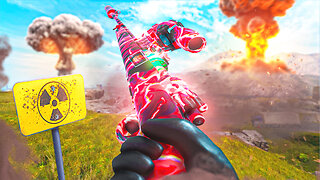 LIVE
LIVE
GritsGG
1 hour agoTop 250 Ranked Grind! Dubulars!🫡
81 watching -
 19:51
19:51
Robbi On The Record
22 hours agoElectronic Tattoos Measuring Thoughts? From iPhone to iSkin
11.6K15 -
 8:12
8:12
Hollywood Exposed
1 day agoJoy Behar Tried To Shame Tulsi Gabbard And Instantly FAILED
171 -
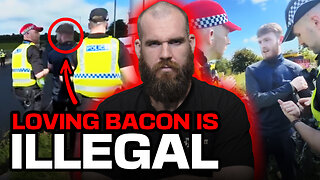 17:03
17:03
IsaacButterfield
16 hours ago $0.12 earnedBritish Man ARRESTED for Saying ‘I Love Bacon’ to a Muslim!!
8833 -
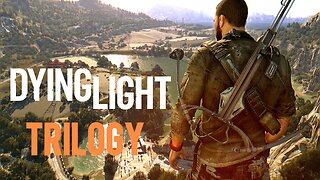 LIVE
LIVE
The Sufari Hub
2 hours ago🔴SUFARI & JAMES TAKE ON THE UNDEAD - DYING LIGHT THEN THE FOLLOWING
14 watching -
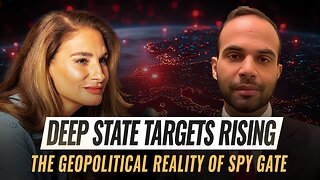 48:10
48:10
The Mel K Show
4 hours agoMel K & George Papadopoulos | Deep State Targets Rising: The Geopolitical Reality of Spy Gate | 9-5-25
4.27K